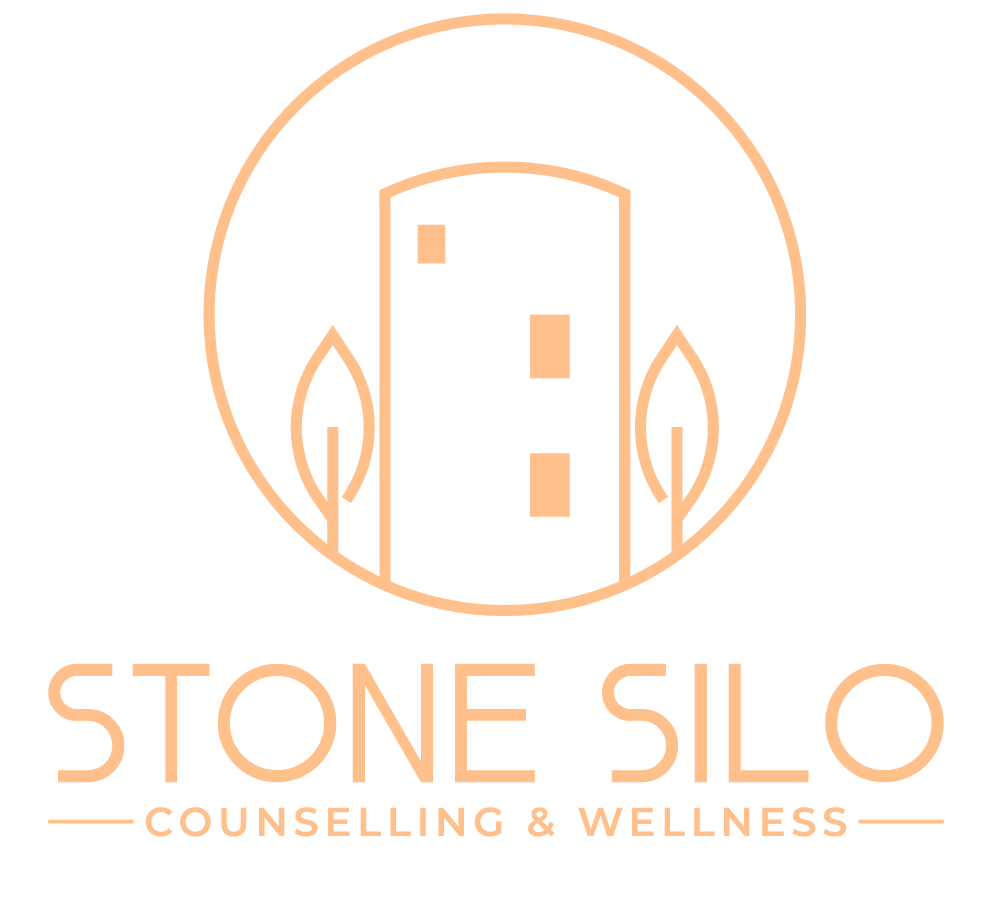Imagine your mental well-being as a grand orchestra, with each aspect of your life representing a different instrument. When in harmony, this orchestra produces a beautiful symphony, your life in balance. However, like any musical ensemble, it requires regular tuning, practice, and care to maintain its melodious output.
Self-care is akin to being the conductor of your orchestra. It’s not about achieving a perfect performance every time but rather about keeping all the elements in tune and playing well together. Sometimes, certain sections might need more attention, while others can play softly in the background.
We’ll discuss simple ways to improve your self-care routine. These aren’t complicated or expensive methods. Instead, they’re easy-to-implement strategies that can significantly enhance your well-being without much effort.
Understanding Self-Care
Self-care is all about focusing on your mental and emotional well-being. It’s about taking time for yourself, doing things that help you relax, and taking care of your overall health.
Self-care encompasses a wide range of practices and activities that an individual engages in to take care of their physical, emotional, and mental health. It’s about intentionally setting aside time and energy to focus on your own well-being.
While self-care can be a valuable tool in maintaining mental wellness, it’s crucial to recognize that not all self-care practices are equal. Self-care is personal, so what works for one person may not work for another. It’s important to choose self-care that matches your values and improves your mental health and well-being.
The Impact of Self-Care on Mental Health
Think of your mental health like a personal playlist. Just as everyone has different music preferences, self-care looks different for each person. What works for one might not work for another. The key is to find activities that genuinely make you feel good and boost your well-being. These are the things that should be on your self-care list.
Self-care also builds resilience, which is our ability to cope with life’s challenges. Regular self-care practices can help us develop better emotional regulation skills, making it easier to handle difficult situations when they arise. It often involves activities that promote self-awareness.Understanding our own thoughts and feelings better can help us spot mental health issues early. This lets us get help or make changes before things get worse.
Strategies for Mastering Self-Care
While self-care can mean different things to different people, there are some fundamental aspects that form the basis of a good self-care routine. These include reducing stress, improving your diet, and getting adequate sleep. Let’s explore some easy-to-implement strategies that can help you build a solid foundation for your self-care practice.
1. Establish a Sleep Routine
Getting quality sleep is one of the most important things you can do for your health. Creating a consistent bedtime routine can help signal to your body that it’s time to wind down and prepare for rest. Here are some ideas to try:
- Set a regular bedtime and stick to it
- Dim the lights an hour before bed to promote melatonin production
- Read a book or listen to calming music
- Avoid screens before bedtime
- Drink a glass of water to stay hydrated
With this routine, you’re training your body and mind to relax and prepare for a restful night’s sleep.
2. Practice Mindful Eating
What we eat affects not only our physical health but also our mental well-being. The gut-brain connection is an interesting area of research, with studies showing that gut inflammation may link to stress, anxiety, and depression. Instead of just eating to look good, try focusing on eating to feel good. This could include:
- Incorporating more whole foods into your diet
- Paying attention to how different foods make you feel
- Eating slowly and savoring your meals
- Trying new, nutritious recipes that excite you
Remember, you are what you eat, nourishing your body is an act of self-care in itself.
3. Set and Enforce Boundaries
Boundaries are not about excluding people from your life, they’re about taking care of yourself and teaching others how to treat you. Setting clear boundaries can help reduce emotional distress and foster healthier relationships. Some ways to establish boundaries include:
- Learning to say “no” to commitments that don’t serve you
- Communicating your needs clearly to others
- Respecting your own time and energy
- Recognizing and honouring your emotional limits
The next time you feel pressured to say “yes” when your heart says “no,” take a moment to listen to yourself. It’s not selfish to put your well-being first—it’s necessary. By respecting your limits, you’re not only caring for yourself but also creating space for deeper relationships and a more fulfilling life. Saying “no” today might open the door to your best “yes” tomorrow.
4. Disconnect from Technology
In our hyper-connected world, it’s easy to feel like we need to be available 24/7. Like an amputee experiencing sensations in a missing limb, you may find yourself reaching for your device, only to grasp at empty air. However, constant screen time can be detrimental to our mental health. Try to carve out some time each day to disconnect from your devices. You could:
- Go for a walk in nature
- Ride a bicycle
- Practice yoga or meditation
- Engage in a hobby that doesn’t involve screens
- Have a face-to-face conversation with a friend
Giving yourself a break from the digital world can help clear your mind and reduce stress.
5. Organize Your Space
Your external environment can have a significant impact on your internal state. Research has shown that a cluttered, disorganized living space can contribute to feelings of anxiety and depression. Take some time to tidy up your surroundings:
- Declutter one small area at a time
- Find a place for everything and keep things in their place
- Consider donating items you no longer need
- Create a cleaning schedule to maintain your organized space
A tidy environment can lead to a clearer, calmer mind.
6. Engage in Activities You Love
Self-care is all about doing what makes you happy and fulfilled. Whether it’s dancing to your favourite music, reading a good book, or going for a run, make time for activities that bring you joy. The key is to choose activities that:
- Make you feel good
- Align with your values
- Don’t harm yourself or others
- Provide a sense of accomplishment or relaxation
Remember, self-care looks different for everyone. What matters most is that you’re taking time to nurture yourself in ways that feel authentic and meaningful to you.
Embracing Your Self-Care Symphony
Self-care is not a one-time performance, but rather an ongoing practice. It’s about making small, consistent choices that add up to significant improvements in your overall well-being. Some days, your self-care symphony may sound like a perfect concerto, while on others, it might feel more like a work in progress. That’s okay – the beauty lies in the journey of continual growth and self-discovery.
Remember, you don’t have to navigate your self-care journey alone. Stone Silo Wellness and Counselling is here to support you every step of the way. Our experienced team offers personalized guidance to help you develop a self-care routine that truly resonates with your unique needs.
Remember, you’re the composer of your own life’s symphony. Make it a masterpiece of self-care and well-being. Your future self will thank you for the beautiful music you create.





